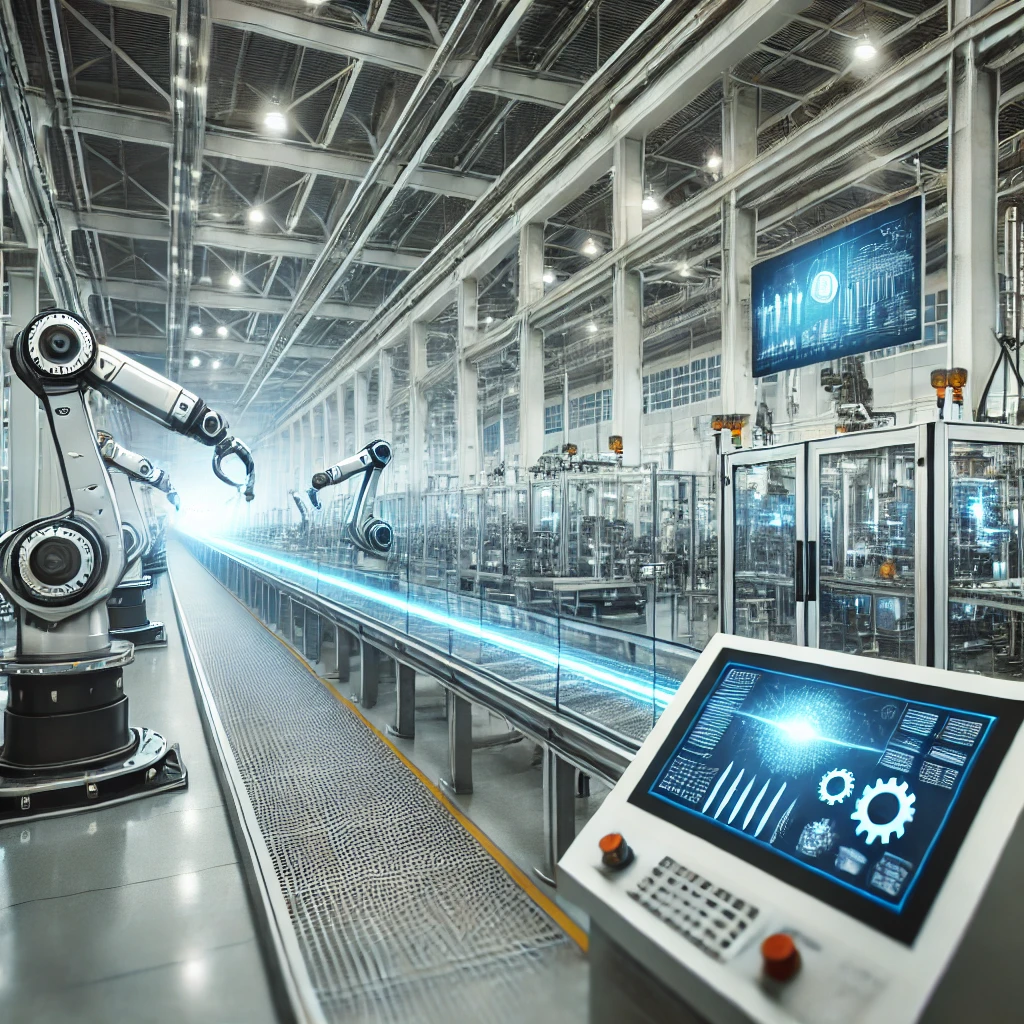The manufacturing industry is undergoing significant transformations driven by rapid technological advancements. Central to this evolution is the automation of quoting and documentation processes. These systems are more than just enhancements; they reshape businesses’ core operations by improving efficiencies and streamlining workflows.
As global competition heightens, manufacturers must embrace these technologies to maintain their competitive edge. Automating quoting and documentation processes helps achieve operational excellence by minimizing manual errors and accelerating the speed at which business can be conducted. This article delves into quoting and document automation, offering insights into current trends, benefits, challenges, and future predictions in the manufacturing sector.
Introduction to Quoting and Document Automation
Automating the creation, administration, and sharing of quotes and associated documents using software is known as “quoting and document automation.” These procedures are essential for improving the effectiveness and responsiveness of manufacturing operations in a sector where accuracy is crucial. By automating these repetitive tasks, organizations can significantly reduce processing time, allowing them to focus more on strategic decision-making and less on routine operational tasks. Solutions like the CPQ quote systems are at the forefront, offering unprecedented capabilities that allow manufacturers to generate precise quotes swiftly, thus reducing errors and enhancing customer satisfaction.
Furthermore, the automation of these functions is not merely a passing trend; it is an essential adaptation for any manufacturing company aiming to thrive in today’s fast-paced digital world. These systems help close the gap between conventional manufacturing methods and contemporary technological developments by facilitating a smooth transition into current operations.
Current Trends in Manufacturing Automation
The emergence of smart manufacturing, or Industry 4.0, is causing a paradigm shift in the industrial sector. This method integrates cutting-edge technology such as machine learning, artificial intelligence, and the Industrial Internet of Things (IIoT) to build a highly networked manufacturing environment. Industry 4.0 enables machines to communicate with each other and human operators in real time, optimizing manufacturing processes and improving product quality.
This shift towards interconnected systems helps manufacturers gather valuable data that can be used to improve efficiency and reduce downtime. The adoption of these technologies aids in maintaining high standards of production while responding swiftly to market demands, a necessary evolution as consumer needs become more dynamic and complex.
Benefits of Automated Quoting Systems
Automated quoting systems, mainly through CPQ (Configure, Price, Quote) solutions, offer a wide range of benefits that help streamline sales, improve accuracy, and boost operational efficiency for manufacturers. One of the most significant advantages is speed. Automating the quoting process allows businesses to generate accurate quotes almost instantly, significantly reducing the time spent on manual calculations and approval workflows. This speed will enable sales teams to respond faster to customer inquiries, improving customer satisfaction and increasing the chances of closing deals.
Another key benefit is accuracy. Manual quoting is prone to human error, whether in pricing, configurations, or discount applications. Automated CPQ systems ensure that each quote is consistent with pricing rules, product configurations, and contract terms, minimizing errors that could lead to costly mistakes or customer dissatisfaction.
Additionally, CPQ solutions enhance flexibility and customization. These systems can handle complex pricing models, product configurations, and discounts, allowing customers to receive highly personalized quotes tailored to their needs. This is particularly valuable in industries with configurable products or services, such as manufacturing, where customers require specific features or customization options.
Furthermore, integration with other systems like CRM and ERP ensures seamless data flow across the organization. Sales teams have real-time access to inventory, production schedules, and customer data, leading to more accurate and feasible quotes. Finally, automated quoting systems offer scalability. As businesses grow, these systems can easily handle increased quotes without adding extra administrative workload, allowing companies to scale operations efficiently.
Challenges in Implementing Automation
Implementing automation in CPQ (Configure, Price, Quote) solutions offers significant benefits, yet it also brings distinct challenges that businesses must address for a smooth transition. One common challenge is data integration; CPQ systems often need to pull information from multiple sources, including CRM and ERP systems. Consistencies can arise with consistency integration, leading to pricing errors and configuration issues. Another hurdle is user adoption, as teams may be hesitant to embrace new technology, especially if they’re accustomed to manual processes. Comprehensive training and user-friendly interfaces are essential to alleviate this resistance.
Configuring a CPQ system to handle complex pricing models and customizable products can be time-consuming and require significant initial setup. Finally, ongoing maintenance and updates are necessary as products, pricing, and market conditions change. Addressing these challenges with a clear strategy ensures that CPQ automation enhances, rather than disrupts, the sales and production processes.
Future Predictions for Manufacturing Automation
The future of manufacturing automation, particularly with CPQ (Configure, Price, Quote) solutions, is poised for significant transformation as technology advances. With the integration of AI and machine learning, CPQ systems will become even more intelligent and capable of offering real-time, dynamic pricing and configuration recommendations based on historical data, customer preferences, and market trends. As automation deepens, these systems will streamline the quoting process and optimize production schedules, inventory management, and supply chain decisions. In the future, we will likely see even greater customization options, where manufacturers can offer highly personalized products quickly and cost-effectively. Additionally, as cloud computing evolves, CPQ solutions will become more scalable, allowing manufacturers of all sizes to implement automation efficiently. Enhanced integration with IoT sensors and predictive analytics will further improve decision-making and reduce downtime, ushering in a more agile, responsive manufacturing environment that can meet the growing demand for fast, customized products.
Concluding Thoughts
The path to a fully automated manufacturing setting is riddled with challenges and opportunities. Manufacturers embracing automation benefit immensely from increased efficiency, cost savings, and enhanced competitiveness. Leveraging advanced quoting and documentation systems helps meet present demands and allows a company to adapt smoothly to future technological changes, ensuring sustained relevance in an ever-evolving market.



